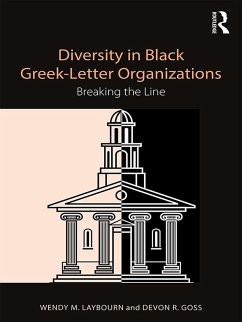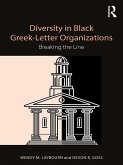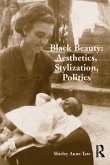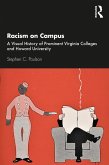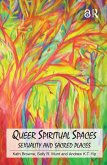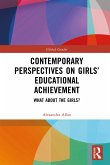Black Greek Letter Organizations (BGLOs) arose in the early 20th century in response to racial and social exclusion encountered by Black students on college campuses and within historically White fraternities. Founded and formulated around the ideas of Black community, uplift, and independence, the invitation of non-Blacks into these BGLOs raise important questions about the opportunity for membership in these organizations to impact those for whom the space was not originally intended. Using this as a starting point, Breaking the Line asks: How is the color line built and maintained in the contemporary college environment? What role do BGLOs play on college campuses in the 21st century? What happens when individuals cross color lines by joining Greek letter organizations that differ from their own race? How does this identification process and experience shape their racial identification? How do non-Black members make sense of their experiences as BGLO members? Finally, how does membership affect non-Black members beyond college?
Although BGLOs may be seen as resource-rich organizations that distribute material resources to traditionally marginalized and under-networked Black members, Breaking the Line argues that symbolic identities, belonging, and boundary work are also being accomplished in these organizations. Whereas these symbolic boundaries are not directly observable, they manifest in the stories people use to make sense of their actions. Through thirty-four in-depth interviews, Laybourn and Goss observe how non-Black BGLO members define themselves in relation to others and how they go about the ongoing accomplishment of identity work in their majority-Black networks and communities.
Dieser Download kann aus rechtlichen Gründen nur mit Rechnungsadresse in A, B, BG, CY, CZ, D, DK, EW, E, FIN, F, GR, HR, H, IRL, I, LT, L, LR, M, NL, PL, P, R, S, SLO, SK ausgeliefert werden.
Hinweis: Dieser Artikel kann nur an eine deutsche Lieferadresse ausgeliefert werden.

